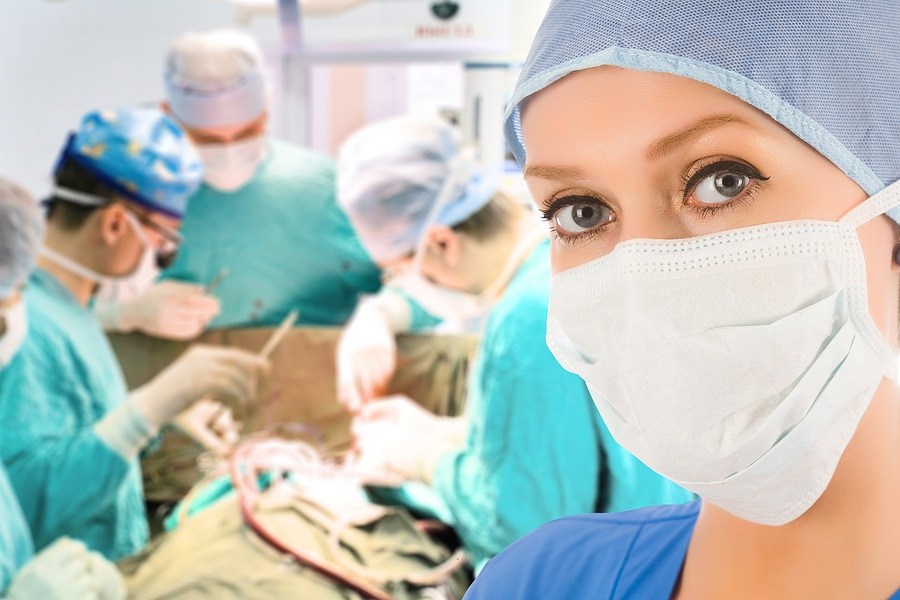Early on during the COVID Plandemic, when mask mandates began to be rolled out, which incidentally only began after California Governor Gavin Newsom’s nearly 1 BILLION dollar purchase of Chinese-made masks began clearing customs and making its way into the U.S. marketplace, I was told one weekend in June that I could not enter an open air Farmer’s Market without a face mask.
I refused, and entered the market anyway, since it was on public property. The young man who tried to prevent my entry followed me through the market to make sure I did not try to purchase anything, and I tried to engage him in an intellectual debate on the rationale for wearing face masks outside in a wide open space.
I told him that many medical doctors were exposing the dangers of wearing face masks for too long, to which he replied:
“Oh really? So when a doctor performing brain surgery is wearing a face mask, he’s wrong?”
I came to a full stop, looked him directly in the eyes and said:
“Do you see anyone around here performing brain surgery? Yes, in a hospital surgery setting, a face mask is appropriate, but not outside in the fresh air like this.”
Now, I am not so sure that my response was accurate after all, as even that belief, the belief that surgical masks are necessary during surgery, is now being challenged.
A man in Australia who claims he went to medical school, has challenged my belief by providing links to his own research, with many of those links going directly to the U.S. National Institute of Health’s website.
He writes:
“As a person who went to medical school, I was shocked when I read Neil Orr’s study, published in 1981 in the Annals of the Royal College of Surgeons of England.
Dr. Orr was a surgeon in the Severalls Surgical Unit in Colchester. And for six months, from March through August 1980, the surgeons and staff in that unit decided to see what would happen if they did not wear masks during surgeries.
They wore no masks for six months, and compared the rate of surgical wound infections from March through August 1980 with the rate of wound infections from March through August of the previous four years.
And they discovered, to their amazement, that when nobody wore masks during surgeries, the rate of wound infections was less than half what it was when everyone wore masks.
Their conclusion: ‘It would appear that minimum contamination can best be achieved by not wearing a mask at all” and that wearing a mask during surgery “is a standard procedure that could be abandoned.’
I was so amazed that I scoured the medical literature, sure that this was a fluke and that newer studies must show the utility of masks in preventing the spread of disease.
But to my surprise the medical literature for the past forty-five years has been consistent: masks are useless in preventing the spread of disease and, if anything, are unsanitary objects that themselves spread bacteria and viruses.”
